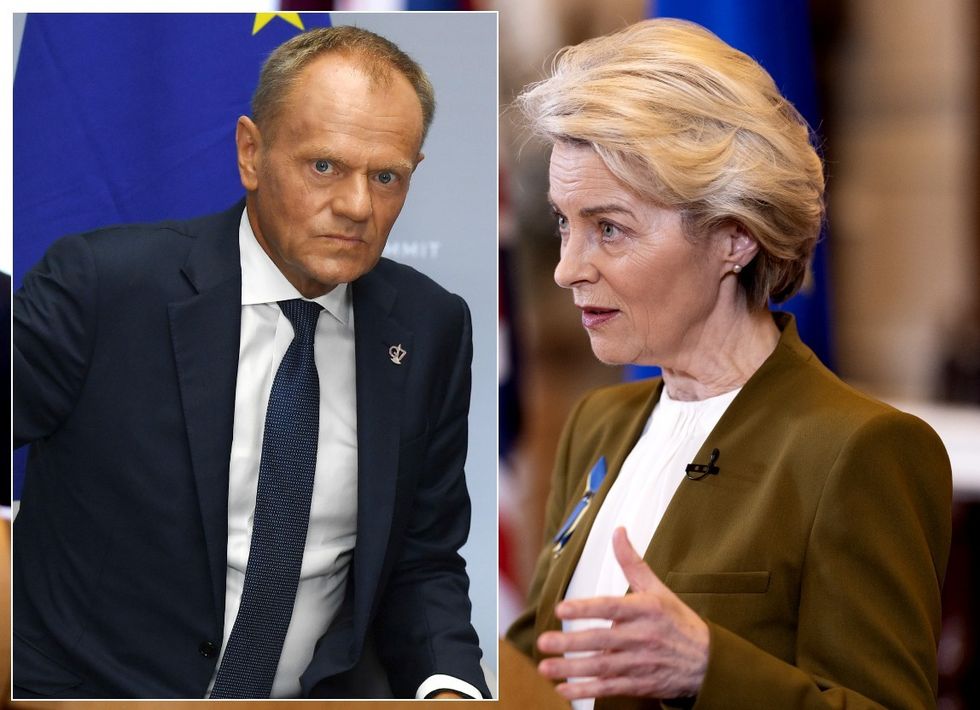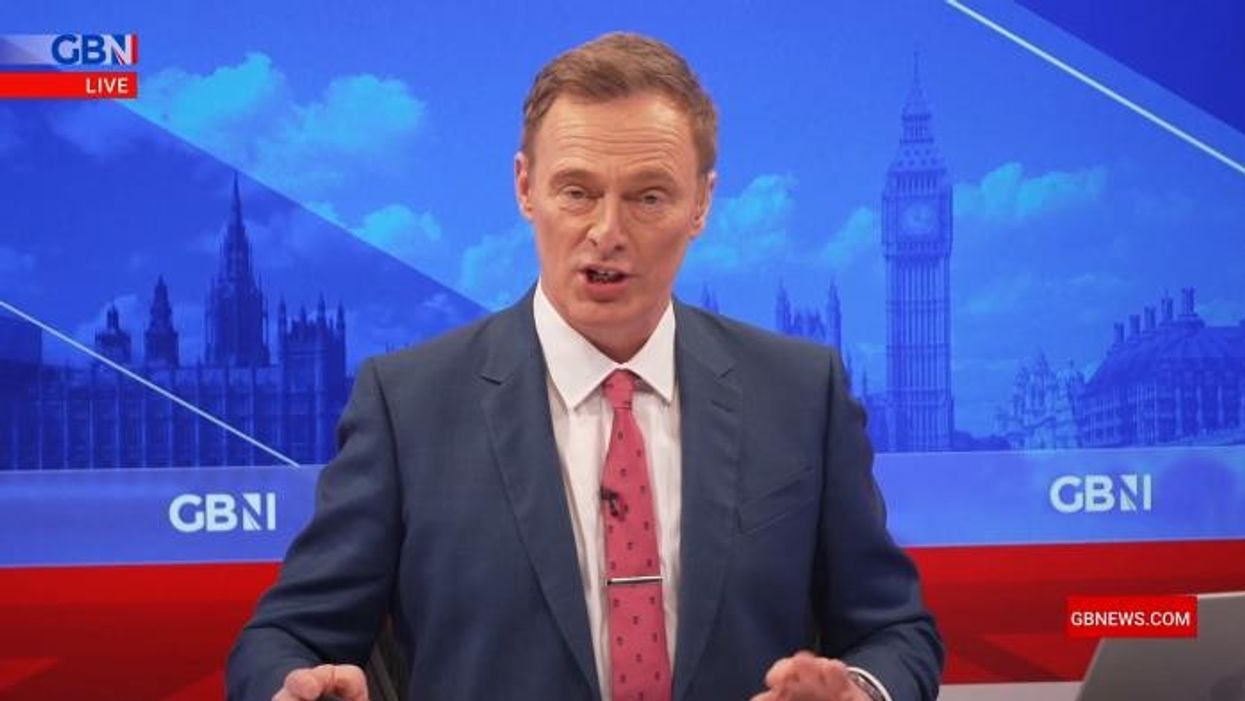Martin Daubney EU migration pact 100424
Such a fundamental shift in EU central policy raises questions about how much the bloc will have to adapt to face modern challenges
Don't Miss
Most Read
Trending on GB News
The EU yesterday voted to pass a landmark migration control pact, which the bloc's leaders have said will let them "regain control" of its borders and crack down economic immigration.
German Chancellor Olaf Scholz said it was an "historic, indispensable step" which represented "solidarity among European states".
While European Parliament President Roberta Metsola, said: "History made. We have delivered a robust legislative framework on how to deal with migration and asylum in the EU. It has been more than ten years in the making. But we kept our word. A balance between solidarity and responsibility. This is the European way."
But not everyone in the EU agreed - the legislation was rejected by both Poland and Hungary.

The EU yesterday voted to pass a landmark migration control pact, which the bloc's leaders have said will let them "regain control" of its borders and crack down economic immigration
PA
Hungary was a predictable opponent. Viktor Orban has been a constant source of trouble for the EU, blocking proposals for more funding for Ukraine and standing in the way of Ukraine's EU membership.
He said the pact is "another nail in the coffin of the European Union".
“Unity is dead, secure borders are no more. Hungary will never give in to the mass migration frenzy", Orban warned.
But Poland is an even more worrying source of opposition for the EU.
Donald Tusk, who became Prime Minister of Poland last year, is generally accepted to be a deeply pro-EU leader. It was widely accepted that his election was a win for Von der Leyen.
But Tusk yesterday warned he would find ways to exempt Poland from a mechanism that relocates migrants from front-line countries like Greece and Italy, or otherwise obliges them to pay.
He told reporters in Parliament: "We will find … ways so that even if this pact enters into force in more or less the shape in which it was voted on today in the Parliament, we will protect Poland from the relocation mechanism."
The concern raised by Tusk here is unlikely to be the end of it. There has already been grumbling from EU member states about its budget and how much money individual countries have to hand over to the bloc, so when countries are sent the bill for refusing to accept migrants, it is unlikely to go down entirely smoothly.
The other issue raised by the legislation is the future of one of the EU's fundamental principles: free movement.
The fresh migration pact was introduced after more than 11 EU countries had already broken with Schengen free movement rules to introduce controls on migration.
Countries including France, Slovakia, Sweden and Germany have reinstated border restrictions including identity vetting, passport checks, police interviews, static checkpoints and vehicle inspections.
Such restrictions on movement were abandoned many years ago as part of the Schengen Treaty. But they are now viewed by a number of countries as being essential to stop "infiltration" by terrorists posing as migrants.
While the new pact is likely to go some way towards quelling outright dissent from individual member states, who have for months been carving out their own border policies as part of emergency measures, such a fundamental shift in EU central policy does raise questions about how much the EU's very reason for being will have to adapt as a result of modern challenges.
You may like






